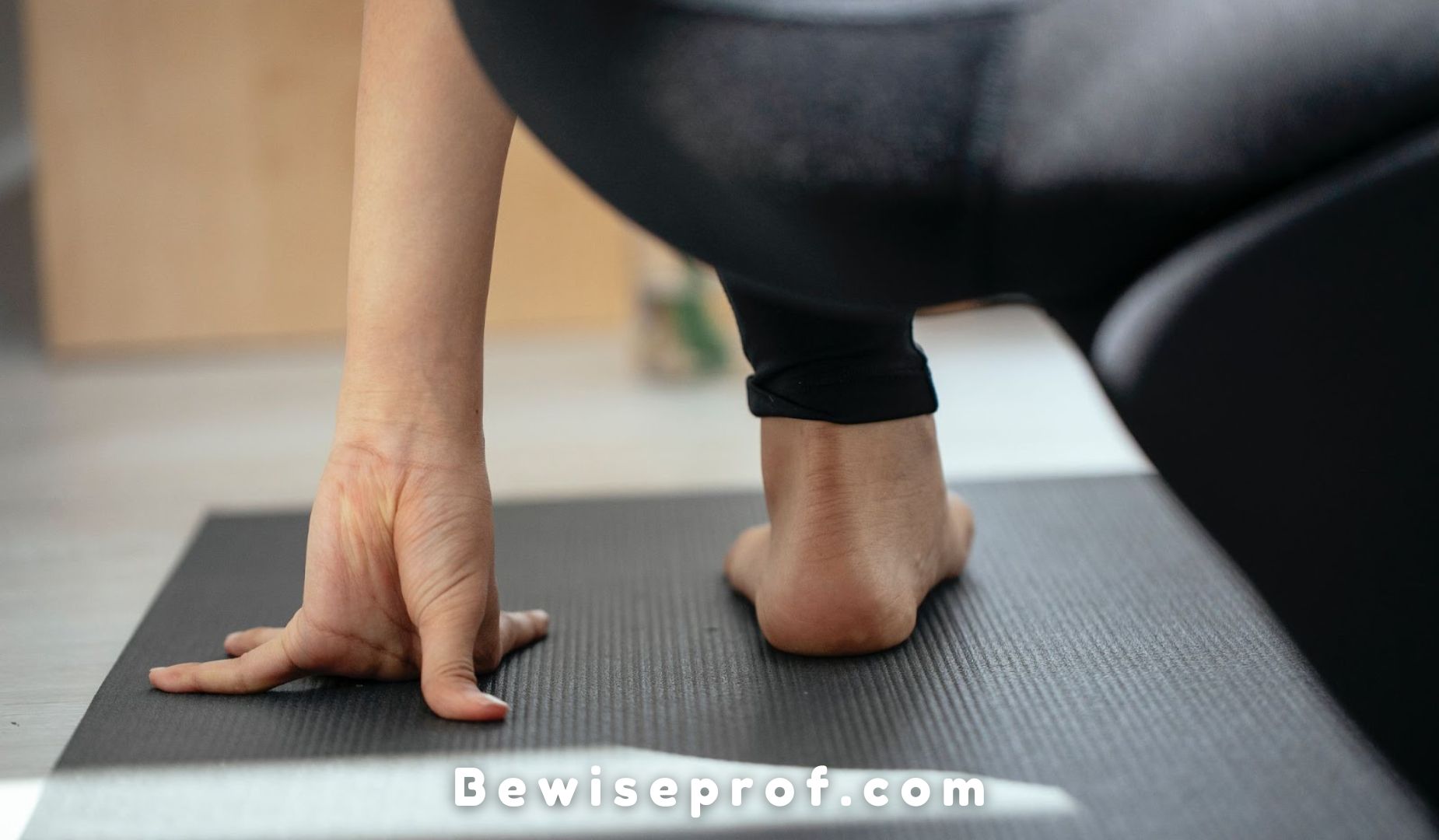Why choose holistic healing? It is not just about choosing sobriety but staying on the path for a lifetime. Accepting the fact that there is no such thing as moderation, and from this day onwards, you would be choosing a sober life.
When you are in an inpatient residential center, you will undergo detoxification and several types of psychoanalytic therapy. Therapies will help you find the main trigger behind your addiction, find past mental traumas leading to substance abuse, and learn how to strategically avoid these triggers.
However, there isn’t much that medical treatments can do when it comes to your inner peace, intrinsic motivation, and the overall decision to stay happy in a state of absolute soberness.
For better post-recovery recovery, therapists will often recommend holistic therapy for an overall healing of mind, body, and soul.
What Is Holistic Healing?
Holistic healing is having quite the trend in the mental-health sphere in the past decade. However, if you still do not know what it is, here is a simple definition. It is an alternative medicine that targets the mind and body, and the person as a whole.
The goal is optimal wellness which helps push the person every day, and not simply a few weeks affair to cure a problem. This comprehensive approach will deal with different forms of non-verbal therapies. Plus, it will include physical activities which will act as an alternative to dopamine release (initially, what substances were doing for the patient).
Thus, along with healing, a holistic approach will also distract the patient during difficult withdrawal symptoms.
How Holistic Approach Is Helping Addiction Recovery
So, without any further ado, let’s get into how holistic treatment is the right formula for post-recovery recovery for addiction.
1. Provides Customized Treatment
Generally, inpatient rehabilitation treatment has a routine procedure. Upon admission, the patient undergoes medical detoxification; when the withdrawal begins, different forms of therapies, AA meetings, and family therapies help them.
However, every trigger and backstory of an addiction is different. This is where holistic treatment is known for providing customized treatment. Depending on what the patient likes doing, experts will provide a method of treatment.
Allowing the patient to express the most within their most comfortable environment. For example, rather than making them go through painful memories through verbal therapy, paint therapy can help them express more.
2. A Healthy Distraction
There are chances of post-recovery relapse for many. A dreadful number of 20% of patients always relapse after their first inpatient rehab treatment. However, one can always prevent this by:
First, understanding the triggers which are causing these relapse symptoms.
Second, having a healthy distraction which can help mitigate these symptoms.
While Cognitive Behavioral Therapy helps identify the triggers, it is a holistic treatment that helps find the right distraction to eradicate them. For example, many experts advise daily yoga or physical activity of their choice (one they are wholeheartedly enjoying).
These help give your endorphins and dopamine an extra boost. Popularly known as happy hormones, these prevent relapse.
3. It Is Long Term
We started this excerpt by reminding you of the difficulties of holding onto the path of sobriety. This is why you need something more long-term than your regular modern medicine. Plus, modern anti-depressants can also lead to a different form of dependency.
This is why many choose holistic treatment, as it reduces dependency and encourages intrinsic motivation to remain sober. Holistic treatment is overall known for improving an individual’s lifestyle. Thus, they understand that their life of substance abuse stands no chance in front of their new life.
Holistic Living & Addiction Treatment!
Holistic living in addiction treatment involves addressing the individual’s physical, mental, emotional, and spiritual well-being. It integrates traditional therapies with alternative practices like yoga, meditation, nutrition, and exercise.
This comprehensive approach aims to treat the whole person rather than just the addiction, fostering lasting recovery and improved overall health. Individuals develop coping mechanisms, resilience, and a sense of purpose by focusing on self-awareness and inner healing. Holistic treatment encourages a balanced lifestyle that supports long-term sobriety, empowering individuals to reclaim their lives and maintain positive change for a healthier, happier future.
